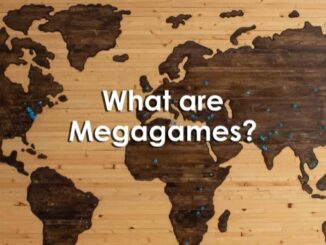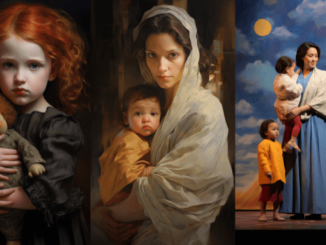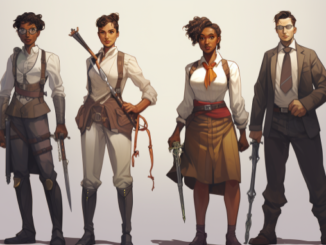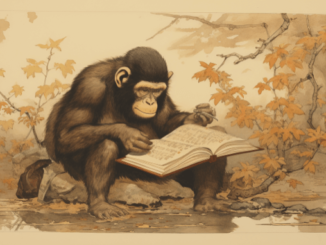
How do you Design Games for Flow State
Flow is a sought after experience in games – engaging and enthralling because players lose sense of time / space and are completely engrossed in the game world. […]

Flow is a sought after experience in games – engaging and enthralling because players lose sense of time / space and are completely engrossed in the game world. […]

A board game can be a mirror of the player themselves. One player may be obsessed with winning, another may benefit from being in “someone else’s shoes” […]

A megagame is an interesting combination of different game elements encountered in other places. They involve role-playing, simulation, and social interactions. […]

What unites role-play, playing a role, and acting in a play? They all require the self or the real person to stand aside, (to) become temporarily invisible. […]

An unconventional yet promising approach to tackle ‘wicked’ systemic issues, like climate change and inequality, is to use tabletop Role-Playing Games (RPGs). […]

According to Gartner’s Hype Cycle, gamification entered the 5th stage – ‘stabilization in 2022, moving from the 2nd stage – ‘before popularization’ in 2012. […]

Come explore the Fantastic and Fabulous in Learning and Facilitation and discover the answer to the most important question of all
“And then what happened” […]

‘What is most important to consider in building the metaverse?” My answer is very simple. It’s the basic concept that, ‘The Metaverse is the game’. […]

Games are capable of helping students learn any number of different skills more intuitively than they would from traditional classroom instruction. […]

The core loop is the primary game system or mechanic which defines your game – the element of the game that players remember most or engage with most often. […]

Systems compound and this type of thinking, invest extra resources into a system,
benefitting us in the long run, is done in games through ‘engine’ mechanisms. […]

The need to find meaning has given us religious beliefs, creation myths and the scientific method, and many other staggering examples of creative imagination. […]

The ‘Magic Circle’ of games enables many things. One that is important, from a learning perspective, is the opportunity to step into the shoes of other people. […]

Kingmaking in game theory concerns the end game scenario where a player is able to make a winning move for another player – when they cannot themselves win. […]

Why would Steve Jobs want to trade all his tech for an afternoon with Socrates? Why did he say, “In Apple’s DNA, it’s technology married with liberal arts.” […]
Ludogogy 2025